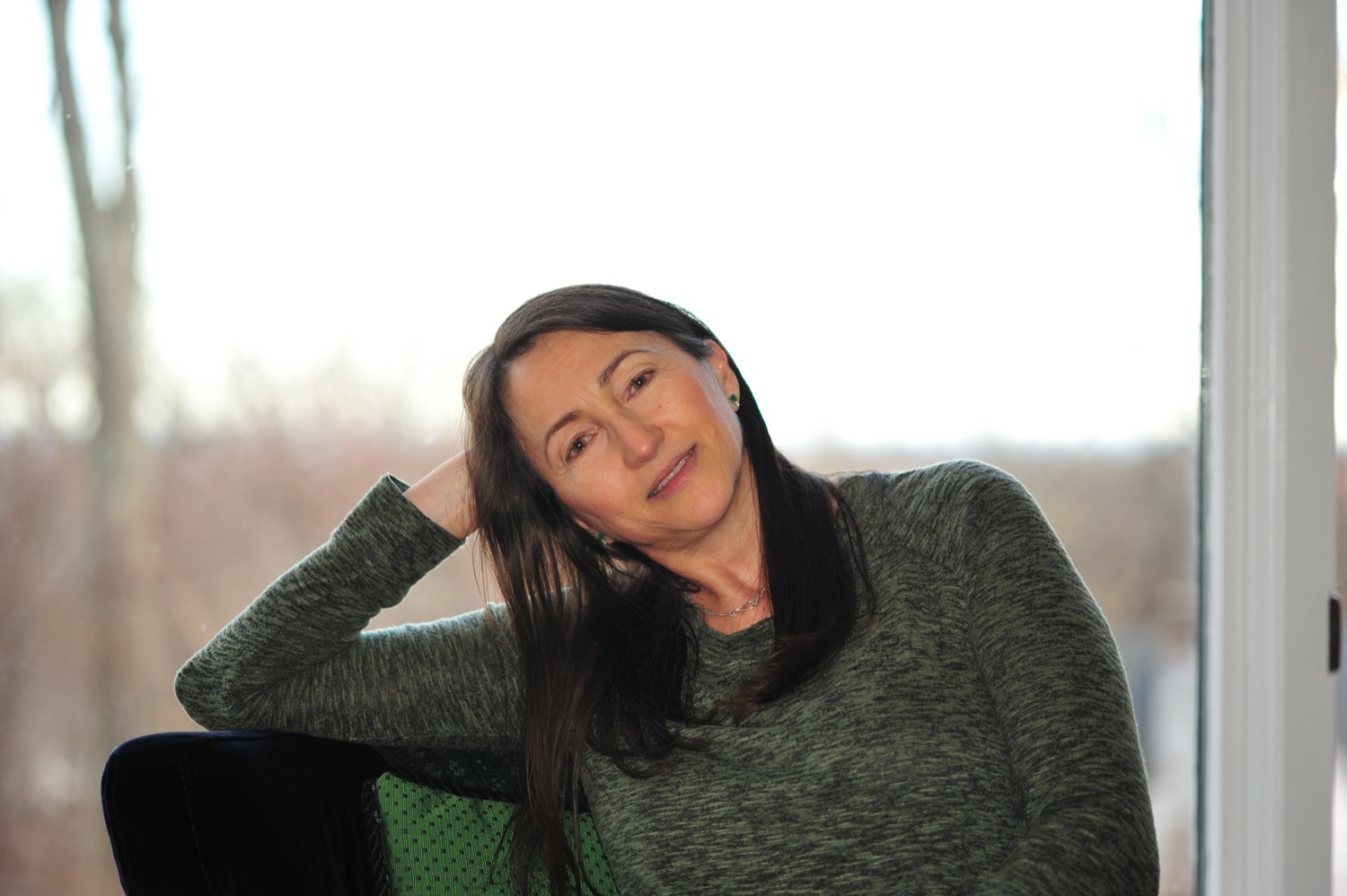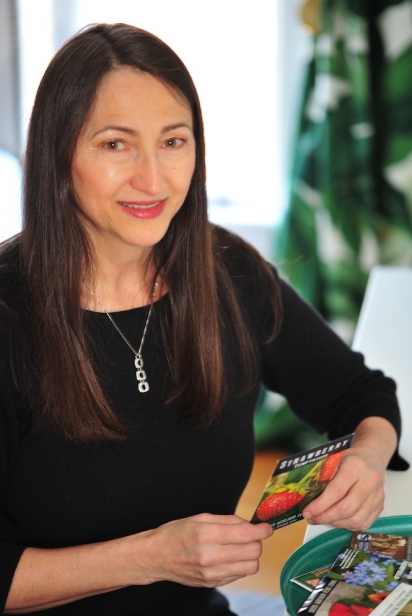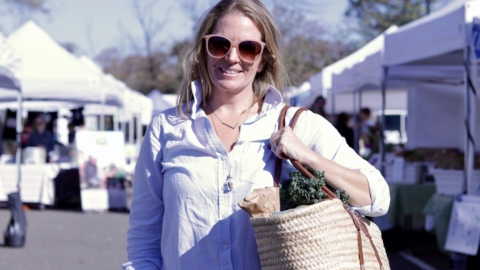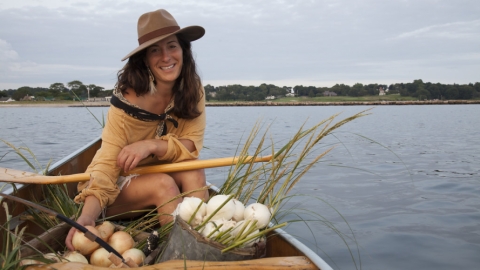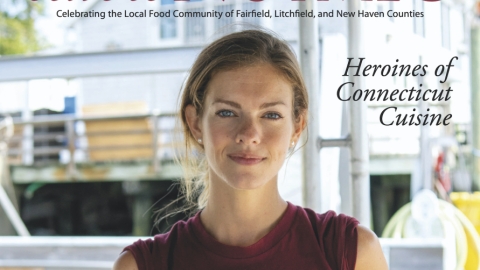Sustainne-ability
Finding a wayward horse plodding down the road at dusk was a normal part of Analiese Paik’s childhood. In the hamlet of East Setauket, Long Island, an afternoon outing wouldn’t be disrupted by returning the runaway to the neighbors’ farm; rather, it would be a welcome pitstop for her family. Visits to nearby farms helped cultivate Paik’s blossoming love of fresh food and the natural world, as did so much of the lifestyle her parents crafted for the family. Her mother enrolled her four children in environmental activities. They learned about the Native American tribes who once populated Long Island, living in harmony with the land; they learned to identify the plants and animals around them; and they learned the importance and enjoyment of gardening and composting.
“Food is where it all started,” says Paik, of how her childhood influenced her later in life. By being educated about the natural world and how to respect their surroundings, they were learning how to live what Paik calls “low-impact” lives. “Use what you have, repair things when they’re broken, and leave things better than you found them.”
Like so many others, the farm where the escape-artist horse lived was sold off, and today, developments stand on land that was once speckled with pastures and open land, woods and quiet coastlines. Paik sought change too, and after graduating college, she settled on the Upper West Side of Manhattan. She traded open pastures for crowded city streets, but she brought her desire for fresh, locally grown food with her; it wasn’t long before she discovered the Union Square Greenmarket, bustling with farmers and artisans. When she left the city years later for suburban Connecticut, the assumption was that fresh produce and handcrafted food would be a no-brainer: closer to nature, closer to natural food.
That wasn’t the case. Surprised to discover little locally and sustainably grown food, Paik made it her mission to dig into her surroundings and was soon impressing her friends with her findings. They were enamored with the idea of eating fresh food from neighboring farms, and as her friends inquired about where she shopped, Paik realized there was an information gap, a void in the growing farm-to-table movement. Where can consumers find locally grown food? How can farmers spread the word about their roadside farm stand? Where do shoppers go, if they miss the one farmers market that week? So in 2009, she launched the Fairfield Green Food Guide (FGFG), an online resource where shoppers could find information about whatever it was they were looking for. If they couldn’t commit to a CSA, they could find farmers markets in their county. If they missed the market, they could still visit farm stands, and if they wanted to eat out, they could dine at a number of farm-to-table restaurants that sourced local, organic ingredients.
The guide was a hit, winning accolades like the Green Coast Award in 2011 and 2013 and the Morris Media Green Award in 2015. Paik was inspired by the success, but she knew the idea hadn’t yet reached its full potential. So in 2017, she unveiled Sustainne. Expanding upon the FGFG, this new platform goes beyond farms and markets to delve into a multitude of other aspects of sustainable living: home and garden, health and beauty, transportation, and more. Like the FGFG, the platform functions as more than just a website. “Sustainne is a community,” Paik explains, “that strives to educate, inform, and inspire people and businesses to act.” The extra “N-E” stands for the “New Economy” that Paik hopes her company will help stimulate, one that she says will emphasize natural and human capital and shift away from the unsustainable model of unfettered economic growth that she sees as reliant on finite resources.
Businesses listed on the website are registered members of the Sustainne network, where, in return for their commitment to environmentally and socially sound business practices, they receive visibility and engagement, communication opportunities, and business connections. In addition to meeting basic requirements confirming local ownership, potential members pledge to abide by Paik’s “Key Sustainability Requirements” that enable visitors to discover products and services that align with their values. The site showcases an array of green businesses, from electric lawn mowing robots to locally and sustainably produced wine, upcycled costume designers, and even socially and environmentally responsible wealth management.
At a glance, visitors can see how companies qualify as members of Sustainne. Each one has its own profile, many of which feature a panel with icons illustrating how they fit into the sustainable business framework, such as “Made from Recycled Materials,” “Made in CT,” and “Women Owned Business.” The site also has a page of Personal Sustainability Pledges, where users and members can commit to planting native trees, saying no to palm oil, replacing single-use gift wrapping with reusable fabric wrap, and even “unlawning,” the trend of replacing an area of lawn grass with local, pollinator-friendly plants. A calendar full of “how to” events invites audiences to take these pledges into the real world: partake in pollinator garden workshops, get your hands dirty in composting classes, or flex your history buff muscles with an ethnobotany lecture. And an active blog educates readers about how to rid their lives of plastic, the ins and outs of food-scrap recycling, and the importance of pollinator-friendly gardens.
Sustainne aims to reinforce a principle that Paik is passionate about. As a global community, we have a shared responsibility to do what we can to protect our planet. She strongly believes that people want to learn how to live more harmoniously with the natural world and each other, and when armed with the right tools and resources, that they can influence and effect change on both a local level and abroad. “Rather than judging one another,” she explains, “we need to applaud people for the positive choices they’re alreadymaking and encourage one another to make additional positive choices.” With Sustainne’s new take on environmentally conscious business-to-consumer networking, those choices are easier than ever to make.


